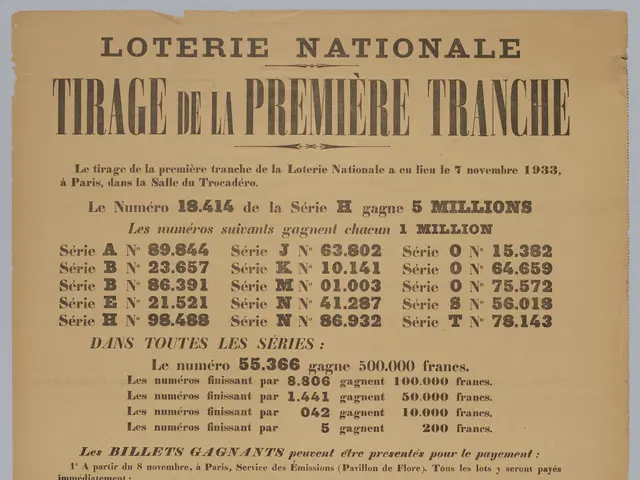Courts Decide in Favor of Teachers in Saxony-Anhalt
In a significant decision made on Thursday, February 23rd, 2023, the Federal Administrative Court in Leipzig has declared the "anticipatory hour" regulation for teachers in Saxony-Anhalt invalid. This ruling has far-reaching implications for similar regulations in other regions or states.
The state of Saxony-Anhalt had decreed that teachers would work an extra hour each week for five years, starting in 2023. However, two teachers, a civil servant and an employed teacher, filed "norm control applications" against this regulation, citing legal flaws. Their concerns were heard, and the court has now ruled in their favour.
The court found that the state government was not legally allowed to introduce the additional working hour through an ordinance. The regulation concerned service time, not just actually worked hours, and the court expressed doubts about its compatibility with EU law. The court also found the regulation to be legally flawed in content.
The regulation was legally flawed because it only provided for the compensation of actually worked hours, but not hours missed due to illness. Moreover, the new regulation went beyond the state government's power to regulate the working time of civil servants, especially its distribution.
The decision means that the additional working hour for teachers in Saxony-Anhalt is no longer in effect. Teachers could either be paid for these extra hours or have them credited to a work time account. However, the extra hours could be taken off earliest in 2033.
The court case, identified as Az. 2 CN 1.24 et al., is a significant victory for the teachers who filed the applications and may set a precedent for similar cases in other regions or states. The ruling specifically addresses the legal flaws in the content of the "anticipatory hour" regulation and may serve as a reminder for other state governments to carefully consider the legality of their working hour regulations.
Read also:
- Peptide YY (PYY): Exploring its Role in Appetite Suppression, Intestinal Health, and Cognitive Links
- Toddler Health: Rotavirus Signs, Origins, and Potential Complications
- Digestive issues and heart discomfort: Root causes and associated health conditions
- House Infernos: Deadly Hazards Surpassing the Flames








